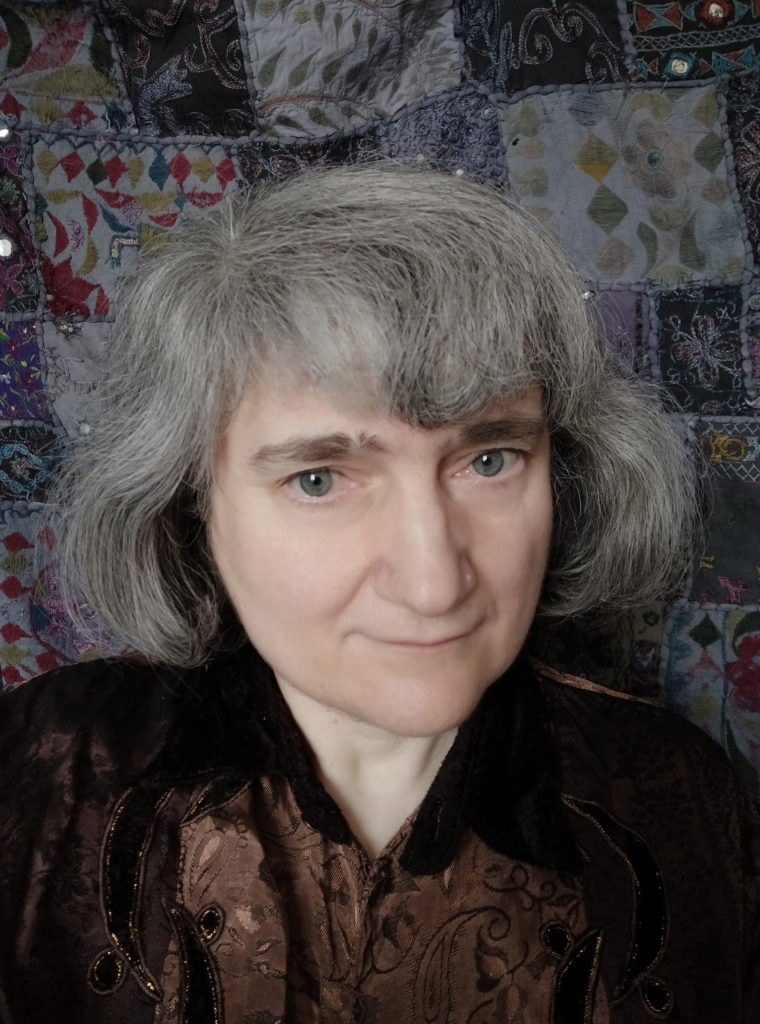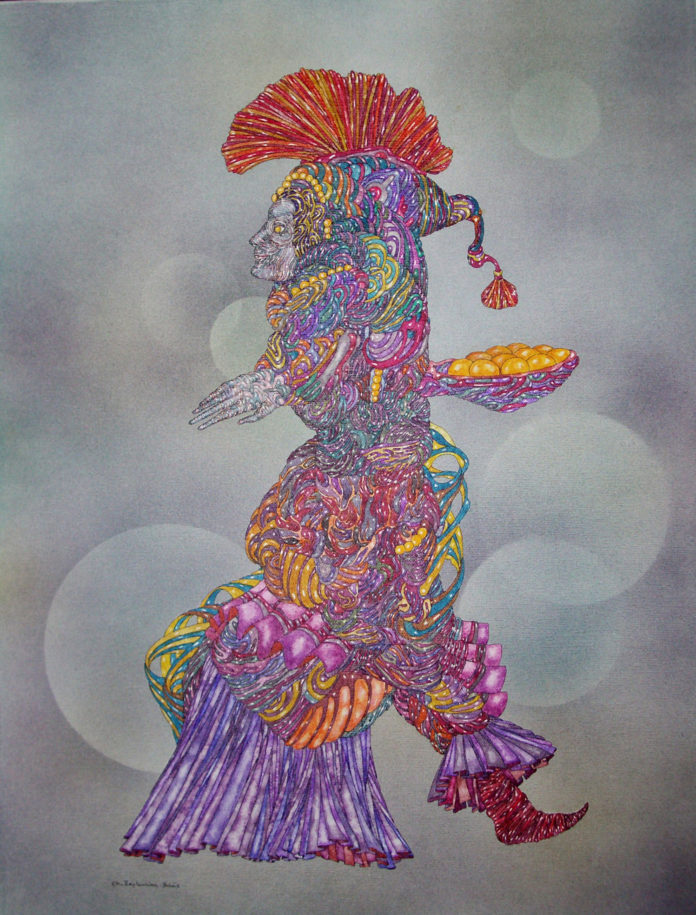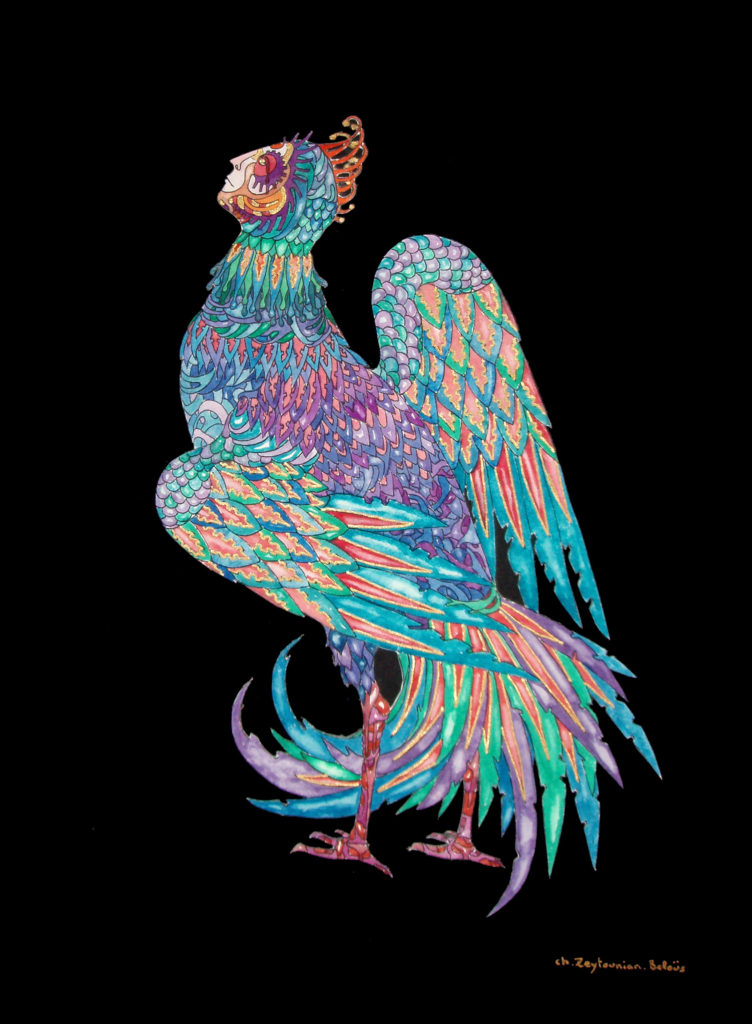YEREVAN /PARIS – Translator, painter, poet Christine (Kristina) Zeytounian-Belous was born in 1960 in Moscow and has been living in Paris since the age of 6, where she graduated from the École Normale Supérieure and the University of Paris. She has translated from Russian into French more than 80 books (Andrey Bely, Andrey Bitov, Sergey Dovlatov, Anatoly Kim, Vladimir Makanin, Olga Slavnikova, Alexei Slapovsky, etc.) and many Russian poets, classics and contemporaries. She has compiled several anthologies of Russian contemporary poetry. She writes poetry in Russian and French; her poems are published in periodicals (Children of Ra, Zinziver, Neva, etc.). She has published the book of poetry Days of Predation (2000) in Paris. As an artist, Zeytounian-Belous regularly exhibits in France, Russia and other countries; she is an illustrator of more than 30 books. Christine is laureate of the Russophonie award for 2010 and 2019 for the best translation, recipient of Grant of the European literary award for translation 2012 and Bronze medal Renaissance française 2013, as well as David Burliuk International Mark 2018.

Dear Christine, I would like to discuss about translation issues and your roots. All my life I have been doing translations – large and small, artistic and academic, commissioned and as a volunteer, from different languages into Armenian and sometimes vice versa. As soon as I take on the translation of a large piece of text, I immediately get the feeling of a “pain in the neck,” I want to finish it as soon as possible, so I like to translate small texts (and mostly my own). What is your experience?
Translating short texts is, of course, easier and more enjoyable, but if it is valuable (and I always refused books that were not interesting to me), you can enter it in its entirety and live there for some time. This is not only interesting and instructive, but also useful for the translator’s skill. True, sometimes the book begins to put pressure on the psyche and dream at night. In addition, it requires a lot of commitment and time. You get tired of this. I must say that last year I decided not to translate prose at all anymore. I will translate poetry exclusively and devote more time to my own creativity.
Once you gave some advice to beginner translators: “Don’t be afraid to deviate from the text.” Isn’t that dangerous? Especially in Russian translation literature, quite free deviations from the original are very common.
Everyone knows that Russian translations, especially the poetic ones, are often very different from the original. But in France, the tradition is quite different, on the contrary, they almost always translate very close to the text. But the translator should not convey the text literally, but the meaning and spirit of the work. My advice to young translators is due to the fact that they are sometimes so afraid to deviate from the original that they translate almost word for word, the quality of the translation from it suffers greatly. Always think about how the author would express it if he wrote in your language.
There are many thoughts about translations and translators, both positive and negative. My favorite aphorism on this topic is from Churchill: “Dictators should fear their translator and their dentist, as they are more powerful than themselves.” Do you have a favorite aphorism on this subject?











